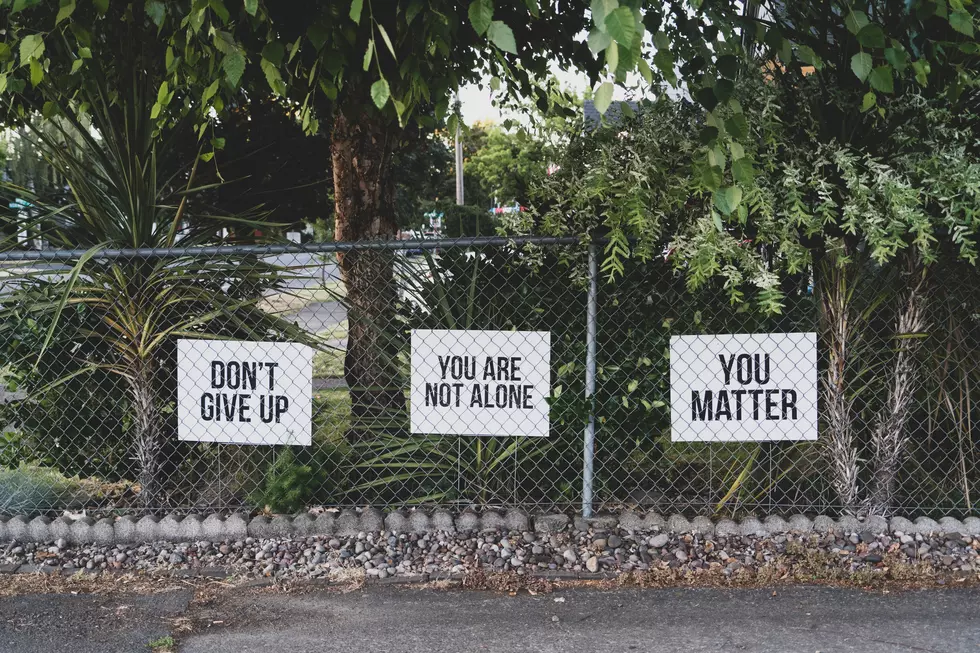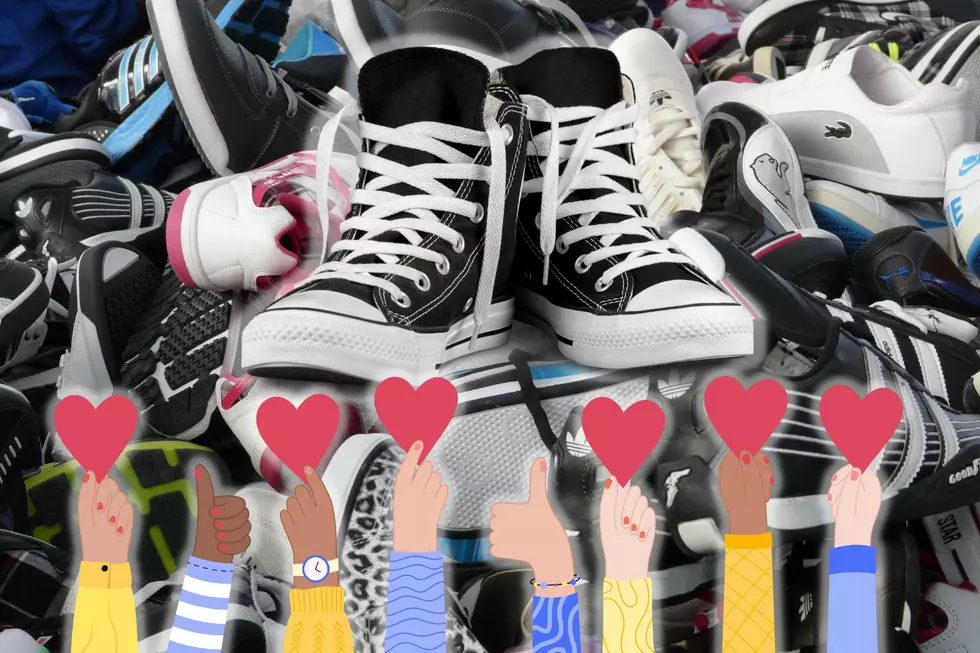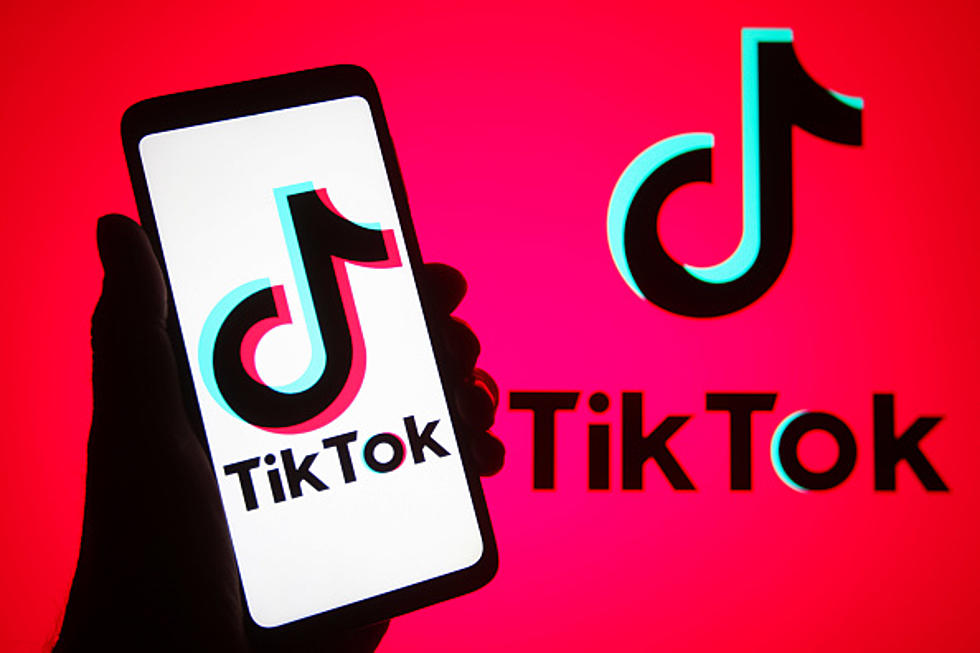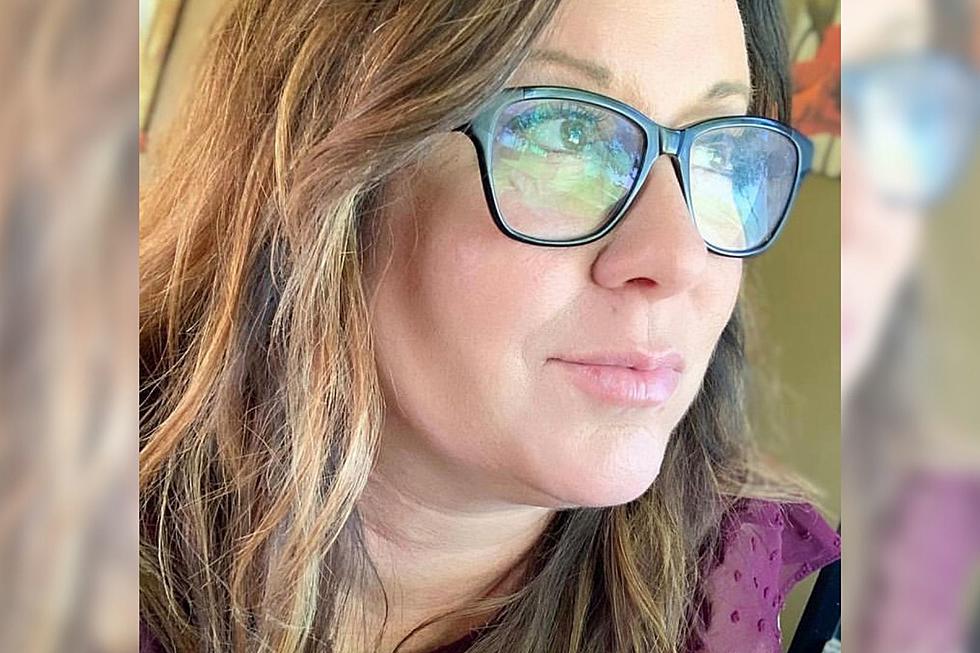
Suicide Prevention Month: Indiana Radio Host Shares Her Story
Suicide is one of those topics that carries with it a lot of stigma and I believe that it's that stigma that makes it so difficult for people struggling to actually reach out for help. I believe one of the ways that we end that stigma is by sharing our own personal stories and struggles. September is Suicide Prevention Awareness Month and if you'll let me I'd like to share some of my story with you.
It Can Be Hard to Talk About
Suicide is a subject that can be hard to talk about. Personally, I share that part of my life for two reasons. One is the hope that maybe I can help even just one person to not feel alone in their time of despair to know that they are not alone. The other reason is that it helps me to remember that I survived the part of my life that I thought was so unbearable and so painful that I felt the only way I could handle it was if I just didn't... Yet here I am.

It Happens Every Single Day
We hear about celebrity suicides because it is deemed 'newsworthy' but we don't hear about the countless suicides across the country every single day unless it is someone we know personally or casually within our small circles. In the United States, someone takes their own life every 11 minutes, and the number of people who think about or attempt suicide is even more staggering. According to the CDC, in 2020 suicide was among the top 9 leading causes of death for people between the ages of 10 and 64 years old. For ages 10 to 14 and 25 to 34, suicide was the second leading cause of death that same year.
In 2020, an estimated 12.2 million American adults seriously thought about suicide, 3.2 million planned a suicide attempt, and 1.2 million attempted suicide.
High-Risk Groups
The CDC says some groups are at greater risk.
Veterans, people who live in rural areas, sexual and gender minorities, middle-aged adults, and tribal populations may disproportionately experience factors linked to suicide. These factors include substance misuse, job or financial problems, relationship problems, physical or mental health problems, and/or easy access to lethal means. Additionally, people who have experienced violence, including adverse childhood experiences (such as physical abuse), bullying, or sexual violence, have a higher suicide risk.
My Personal Story
I wrote about my personal struggles with mental health and suicide after the passing of Chris Cornell and Chester Bennington. On December 7, 2017, five years after a failed attempt to take my own life, I shared about the night that would later change everything,
The night of December 7, 2012, after the merriment and revelry of a night spent drinking with friends in celebration of my upcoming 34th birthday, I was drunk and alone and those feelings of loneliness took over. Those same old feelings - that I wasn't good enough, that I was a burden to the people who did care about me, that the only thing I was good at was hurting people and that this world would be better off without me. Those feelings crept in and I believed them. And it hurt. My god it hurt! In that moment of desperation, I was in so much emotional pain, I felt like I was being ripped apart from the inside out. If you've never felt this way, count your blessings, but if you have - you know the exact feeling that I am talking about - and in that moment, all you want it to do it stop.
Road to Recovery
Obviously, I was unsuccessful as I'm sitting here typing this out for you now but that night was the start of a series of events that would lead me to recovery from substance abuse and ultimately to a life that I am grateful to be living l. As I'm typing this, and with all the gratitude in my heart, I am 3,527 days sober.
Nearly a Decade Later
This December it will be ten years, but I still remember exactly the way that I felt in those moments and I know now that I am not alone. If you'd like to read more about my personal experience with mental health, addiction, and suicide, you can read more here about finding my recovery and how it feels to have a few years of sobriety under my belt and being about to navigate through grief and loss.
You Are Not Alone
Maybe you too know exactly what it feels like or maybe your best friend, cousin, son, daughter, mother, or brother knows. Until we end the stigma surrounding mental health and make it safe to talk about it and ask for help, many of those people will suffer in silence... sometimes until it's too late. But they don't have to and neither do you.
How to Help a Loved One
Sometimes, all it takes to prevent suicide is the reach out to a friend. According to the Suicide Prevention Lifeline,
Research shows people who are having thoughts of suicide feel relief when someone asks after them in a caring way. Findings suggest acknowledging and talking about suicide may reduce rather than increase suicidal ideation.
Individuals are more likely to feel less depressed, less suicidal, less overwhelmed, and more hopeful by after speaking to someone who listens without judgment.
Resources Are Available
If you or someone you know is thinking about suicide, the Suicide Prevention Lifeline is available 24 hours a day, seven days a week. You can reach someone by calling anytime at 1-800-273-TALK (8255). You can also use the new 9-8-8 Suicide Emergency Line. If you would prefer, you can chat with someone via message through the Suicide Prevention Lifeline too. Another available resource is the National Alliance of Mental Illness Crisis Text Line. Just text NAMI to 741-741 where it is free to be connected with a trained crisis counselor to text with.
You Are Not Alone. You Are Never Alone.
If you're still reading, and you cannot see the light at the end of the tunnel right now, even if the tunnel seems dark and endless, it does get better and you are not alone.
🖤 Kat
LOOK: What are the odds that these 50 totally random events will happen to you?
LEGO's New Fender Stratocaster Set Comes Out Soon and It Is Sick
More From WGBFAM









